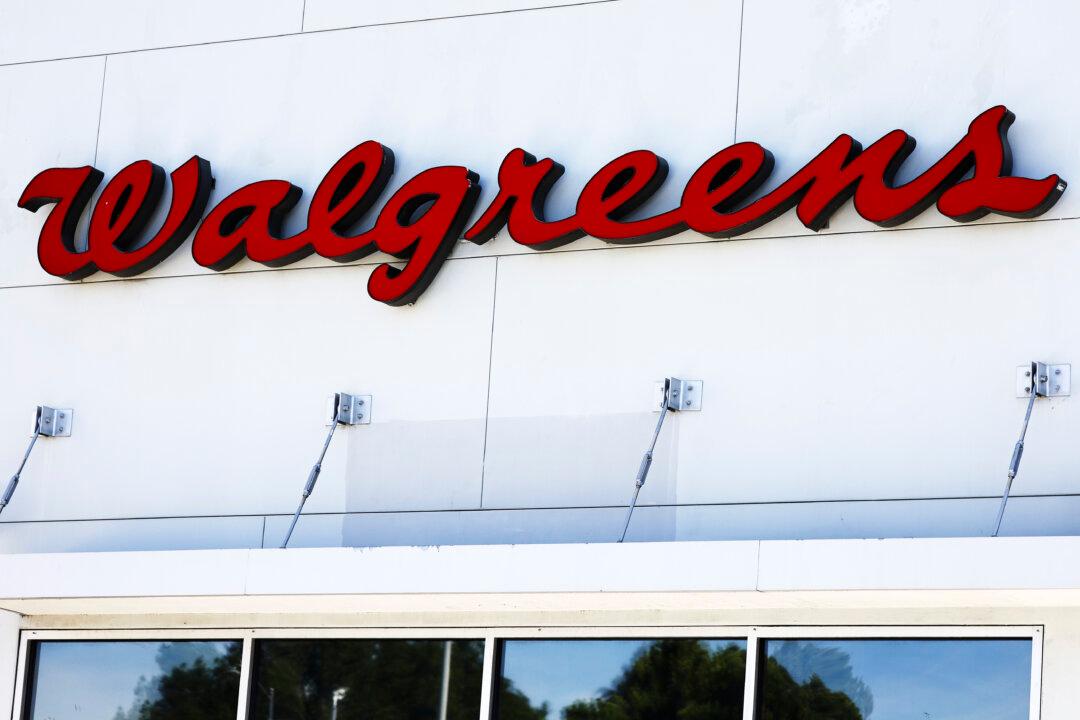Walgreens Boots Alliance, Inc., one of the nation’s largest retail pharmacy chains, has agreed to pay $106.8 million to settle allegations of submitting false claims to federal health care programs, including Medicare and Medicaid, the Department of Justice (DOJ) said in a press release.
The allegations involve claims for prescriptions that were processed but never dispensed, spanning a period from 2009 to 2020. This settlement resolution falls under the False Claims Act, a tool for addressing fraud involving taxpayer-funded health care programs.





